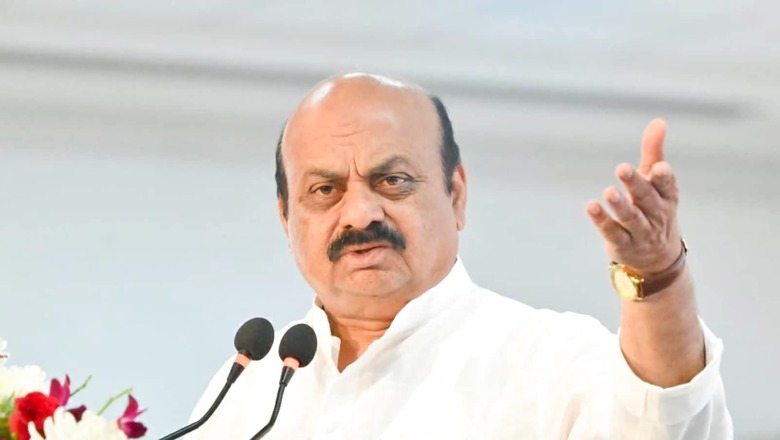
views
Maharashtra’s demand to merge Marathi-speaking districts does not have any legal maintainability as “linguistic can’t be the sole basis under the State Reorganisation Act", the neighbouring state of Karnataka has said in its petition in the Supreme Court ahead of the hearing on Wednesday.
“The basis of the State Reorganisation Act is not merely linguistic and the States were not divided just on the basis of language spoken by the citizens. The basis of the 1956 Act is myriad consideration of financial, economic and administrative considerations," states the plea.
It also adds that “any challenge to a State Reorganisation Act is challenge to a constitutional amendment. If such amendment does not violate basis structure, the courts would not ordinarily interfere".
Karnataka’s chief minister Basavaraj Bommai landed in the capital on Tuesday to apprise the central leadership of the legal measures taken by his state on the Karnataka-Maharashtra border row. “I held a meeting with the Karnataka Border and River Formation Commission chairperson and former judge of the Supreme Court Justice Shivaraj Patil and other experts regarding the strategy and legal perspective,? Bommai said on Monday. His Maharashtra counterpart Eknath Shinde is set to dispatch two of his ministers to Belagavi to assess the ground situation on December 3.
‘NO LEGAL RIGHT WITHIN STATE TO CHALLENGE BOUNDARY ALTERATIONS’
Karnataka, in its petition, has said there is “no legal right within a State to challenge alterations of its boundary".
“In India, there exists no legal right within a State to challenge alterations of its boundary. The legislative exercise of powers under Article 3 does not vest any right in a State government. When such an exercise is carried out, no consent or concurrence of a State is taken in terms of proviso to Article 3, only views of the State are taken," states the petition.
THE FIGHT
Belgaum was originally part of the multilingual Bombay Presidency. Districts in Karnataka such as Vijayapura, Belagavi, Dharwad, and Uttara Kannada were previously part of the Bombay Presidency. Belgaum became a part of Bombay State after India’s independence in 1947. According to the 1881 census, 64.39 percent of people in Belgaum spoke Kannada, while 26.04 percent spoke Marathi. However, in the 1940s, Marathi-speaking politicians dominated Belgaum and requested that the district be included in the proposed Samyukta Maharashtra state.
Despite their protests, the States Reorganisation Act of 1956 incorporated Belgaum and ten talukas from Bombay State into the then Mysore State, which was renamed Karnataka in 1973. The Act divided states along linguistic and administrative lines.
THE MAHAJAN COMMISSION REPORT
The Bombay government filed a protest with the Centre, which resulted in the formation of the Mahajan Commission in 1966, led by former Chief Justice Mehr Chand Mahajan.
In its 1967 report, the Commission granted Maharashtra 264 villages in the disputed region and Karnataka 247 villages. However, the commission decided that the Belgaum should remain in Karnataka. While Maharashtra rejected the report, Karnataka demanded status quo.
The Maharashtra government filed a petition in the Supreme Court in 2006, claiming ownership of Belgaum. According to the state government, there has been a “feeling of insecurity among the Marathi speaking people living in Karnataka in recent days.? Meanwhile, the Belgaum district, as well as the city of Belgaum, remain a part of Karnataka.
Read all the Latest India News here










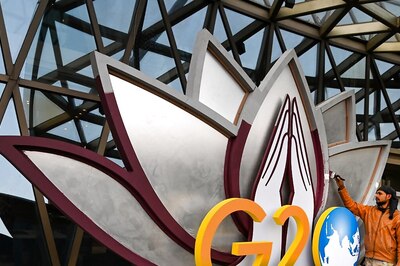
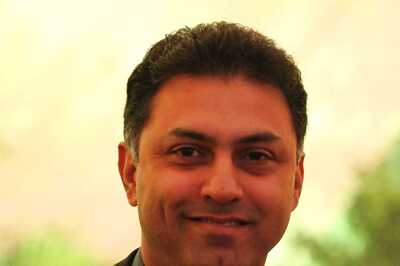

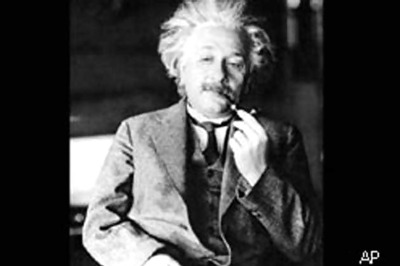




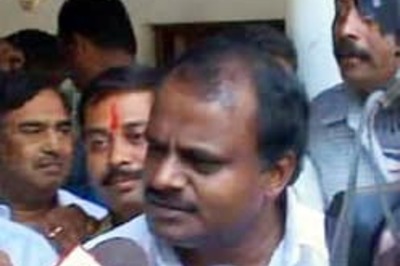
Comments
0 comment